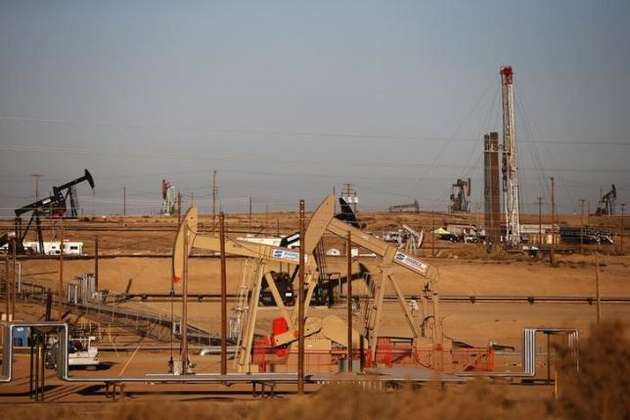bluewill67
Rookie
- Sep 12, 2015
- 37
- 9
- 1
For the video of Dr. Fine use this link-->
Dr. Daniel Fine, associate director of the New Mexico Center for Energy Policy, discusses the impact of falling oil prices on the domestic energy industry. Fine offered these comments during an interview for Carolina Journal Radio (CarolinaJournalRadio.com) Program No. 640. Video courtesy of CarolinaJournal.tv.
Dr. Daniel Fine, associate director of the New Mexico Center for Energy Policy, discusses the impact of falling oil prices on the domestic energy industry. Fine offered these comments during an interview for Carolina Journal Radio (CarolinaJournalRadio.com) Program No. 640. Video courtesy of CarolinaJournal.tv.



